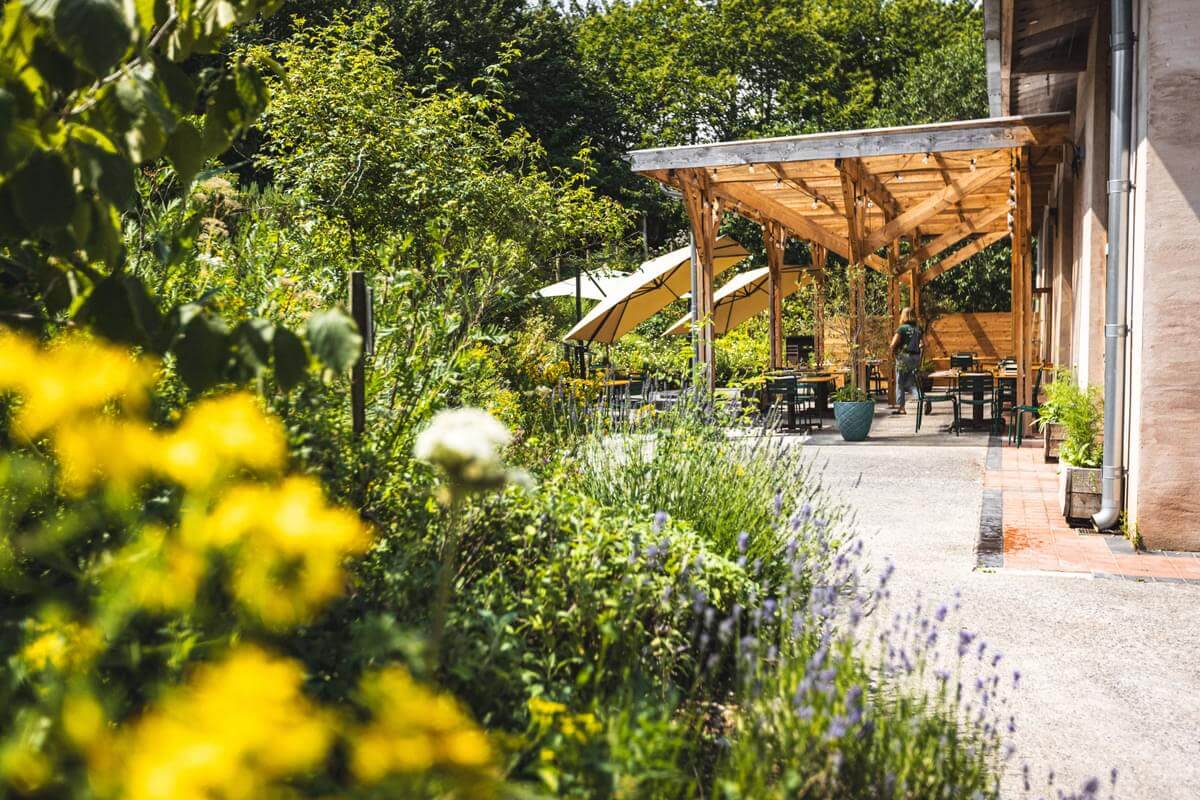By the time you read this, we’ll know whether the winter of discontent continued into spring, or whether the government has settled this unprecedented level of strikes and disputes. Railway workers, teachers, civil servants, firefighters, nurses, ambulance drivers, doctors – the people who are working in the sectors foundational to a civil society – have decided that they need and deserve a fairer share of this society’s prosperity.
For all our recent (some might say self-inflicted) economic woes, the UK is still the sixth largest economy in the world. Yet income inequality is high and growing. In 2022, incomes for the poorest 14 million people fell by 7.5 per cent, while incomes for the richest fifth saw a 7.8 per cent increase, according to the ONS in January of this year.
Over the last six months or so, unions have been polling their members on pay and conditions, and members have replied to say: enough is enough. And despite some government ministers’ polarising and populist rhetoric, support for striking workers among the public remains high and solid.
This doesn’t surprise me. Through our work around the UK, we find over and over again that citizens want a fairer and more sustainable society.
Social movements have shaped society for centuries. Groups of people, working together with shared purpose, have secured important and positive changes. From the abolition of slavery to the rights to vote, reproductive rights to civil rights, the exercise of collective power has made hard-won gains we now take for granted. In the last couple of decades, citizens have mobilised to oppose war, for safer streets, and for climate action. In response, this government is introducing the most draconian Public Order Bill, which criminalises citizens’ rights to protest and act.
Social movements have shaped society for centuries.
Farmers and growers are not on strike. But many are expressing their concerns in other ways. In several sectors – pigs, poultry, salads, fruit and veg – growers who no longer have confidence that they’ll even cover their costs, let alone get a fair price for their produce, have cut back or got out. The gaps on supermarket shelves reveal the reality of a supply chain more fragile than we want to believe.
In the UK, we have one of the cheapest baskets of food in all the developed economies. The lowest prices are the advertising straplines of the major food retailers, yet food bank use is rocketing. Recent research from the Food Foundation reveals that 8.8 per cent of all households are so poor that they cannot afford enough to eat. Defra data show that 45 per cent of farmers earn less than £20,000 a year.
Meanwhile, global agribusinesses, energy companies and retailers saw their profits soar in the last year, in spite of (or maybe because of) the global crises that saw prices spiral and the cost of living shoot up for the rest of us. In a food sector worth £8 trillion, the rewards are flowing faster to those giants, and the risks are shouldered by farmers, growers, citizens and the environment.
This is not fair, nor is it sustainable. But history shows us that “power ain’t giving up power.”
So do we need a new social movement for food?
Of all the elements of our economy, one of the things we really cannot manage without is food. Yet in the UK, governments have handed over responsibility for food systems to ‘the market’, and in doing so, allow businesses to profit from harming people and planet. The National Food Strategy – the latest in a line of reports to government – seems to be firmly stuck in the long grass. Over and again, we hear from ministers, business and sections of the media that people just want cheap food, and that no one wants the nanny state telling them what to eat.
In contrast, we hear, when we work with citizens around the UK, that they want and expect their governments to regulate business and ensure a level playing field, for a safe, healthy, fair food system – fair for farmers and growers, and fair for citizens.
This year FFCC will be exploring questions like these with citizens around the UK. Are we okay with the UK food system as it is? Or do we want public policy to actually prioritise health and the environment? And do we need to invest in new models, where farmers can make a fair living from farming regeneratively, and where smaller, local, distributed businesses have a fairer share of the market, with the same incentives and support that big businesses enjoy? Where public institutions like local authorities, schools, hospitals and universities use their buying power and leadership to strengthen local and sustainable food systems, benefiting their communities and their economies?
Over the summer and through the autumn we will ask citizens directly – what do we really want from our food? We’ll share the answers with policymakers and businesses in the run up to the election. We think they might be surprised.
This column was initially published in the spring-summer edition of Wicked Leeks magazine. You can order a hard copy of the magazine until 17 May, or read the digital edition online for free.










0 Comments